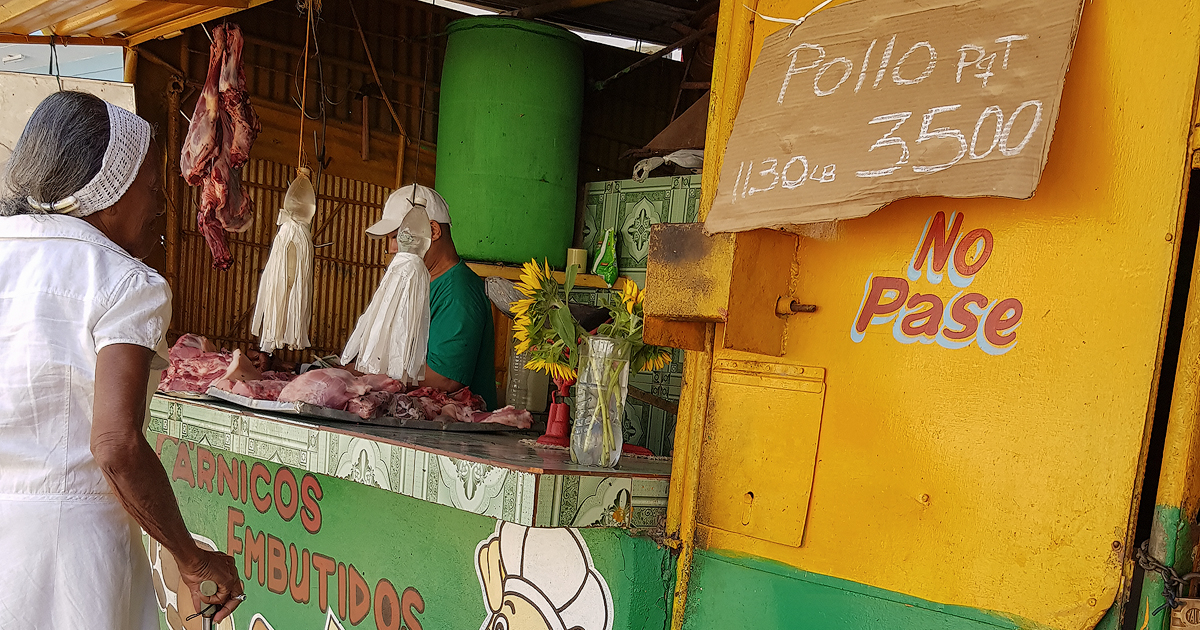
Since July, the Cuban government has imposed fines exceeding 600 million pesos on businesses that have violated the prices set by the regime for the sale of basic goods.
According to a report from the government newspaper Granma, the fines were imposed due to price verification actions and were based on Decree 30/2021 "On personal violations, sanctions, measures, and procedures to be applied for violations of the regulations governing price and tariff policies," and Decree Law 91/2024 "On violations in the exercise of self-employment, micro, small, and medium-sized enterprises, and non-agricultural cooperatives."
These operations are part of a governmental campaign against the non-state sector, which the regime has termed "a plan to correct distortions and revitalize the economy."
The onslaught has intensified even further since the implementation of Resolution 225/2024 by the Ministry of Finance and Prices on July 8, which capped the sale prices of six essential products (chopped chicken, vegetable oil, sausages, powdered milk, pasta, and powdered detergent) with the stated aim of "regulating" high prices in retail.
In this regard, the Deputy Minister of Finance and Prices (MFP), Lourdes Rodríguez Ruiz, stated that while price regulation is the responsibility of local governments, municipal and provincial inspection departments, as well as the Finance and Prices departments themselves, also play a systematic role in this matter.
For example, the Granma report highlights differences in prices set by private agromarkets compared to those known as EJT, which are managed by the Cuban state. In the former, prices are determined by supply and demand, based on cost price, while in the state-run markets, it is the company that sets the prices.
At the location on 19 and B in the Plaza de la Revolución municipality, there are 21 products regulated by a resolution from the Governor of Havana. The rest are subject to supply and demand, "although taking into account the situation in the capital, the market management faces other challenges," said administrator Yulián Sánchez Chacón.
In that establishment, the administrator noted that several fines have been imposed for price violations and speculation in weighing, and 12 individuals have been sanctioned.
The oversight of private businesses is constant and stringent. Between August and September, the regime imposed fines exceeding 348,000,000 pesos on micro, small, and medium-sized private enterprises (mipymes).
From the second half of July until September 19, 137,391 fines were imposed on private sector businesses in Cuba, following the detection of 127,532 violations during inspections conducted by government officials, reported Mildrey Granadillo de la Torre, the First Deputy Minister of Economy and Planning.
What do you think?
COMMENTFiled under: